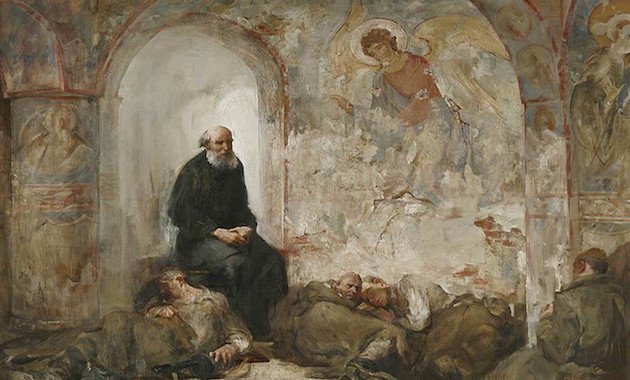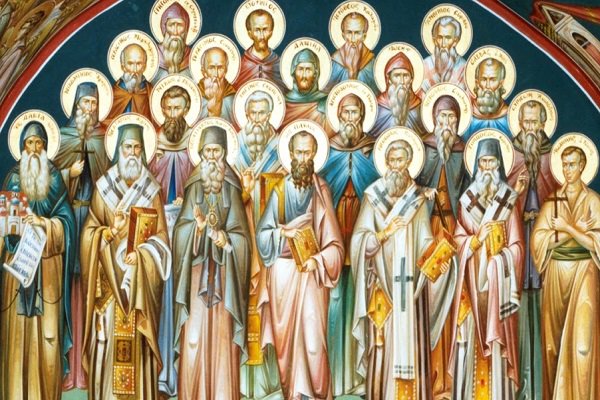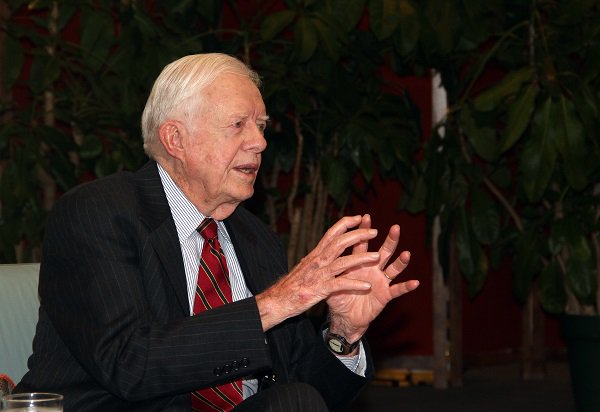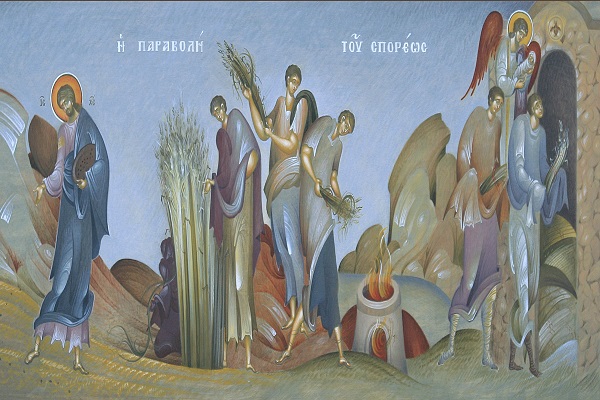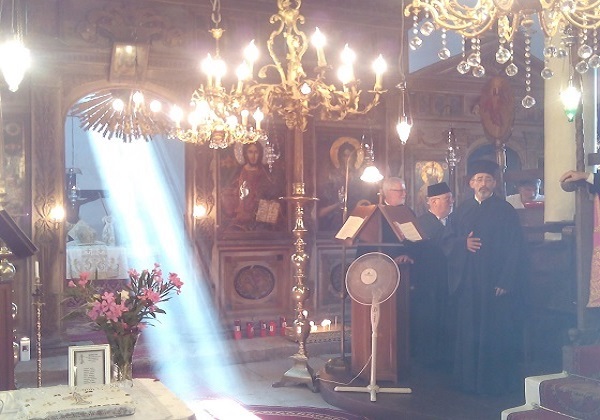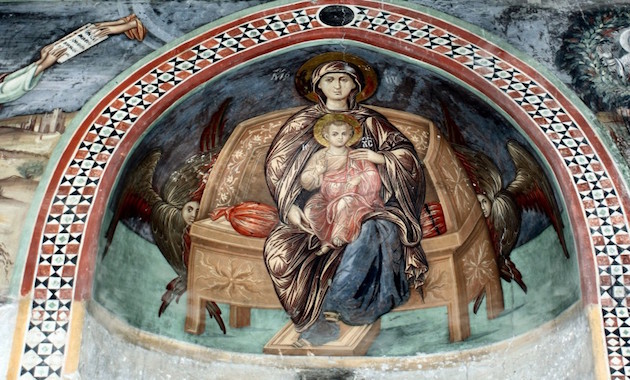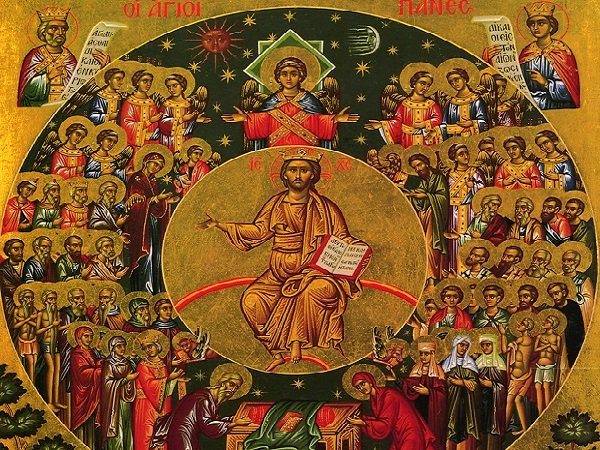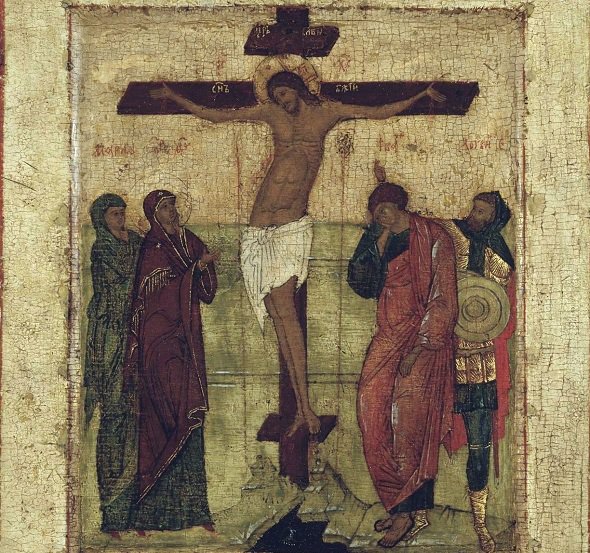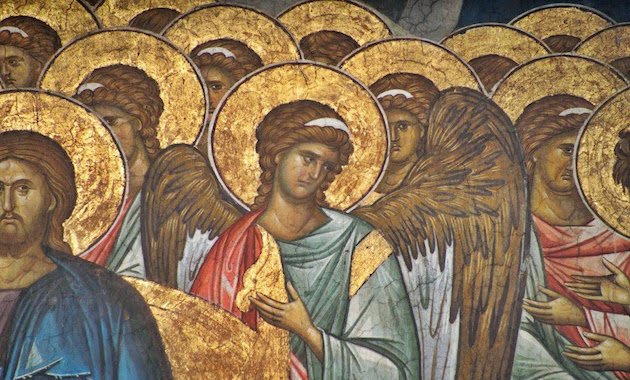
When people of merit avoid political power, then it’s left to the undeserving to assume it. Naturally, Christians would prefer the implementation of civil power to be in the hands of people of the faith. In the early centuries, however, Christians didn’t seek secular office because they considered this to be inconsistent with their primary goal. The nature of a good Christian doesn’t necessarily mean success in the exercise of political power. The aim of civil authority is to regulate this present life, not that of the future. Saint Paul states that obedience to state authority has its limits. It’s understood as submission to the demands of the common weal. Everyone should submit to the higher authorities which exist, because these ...

